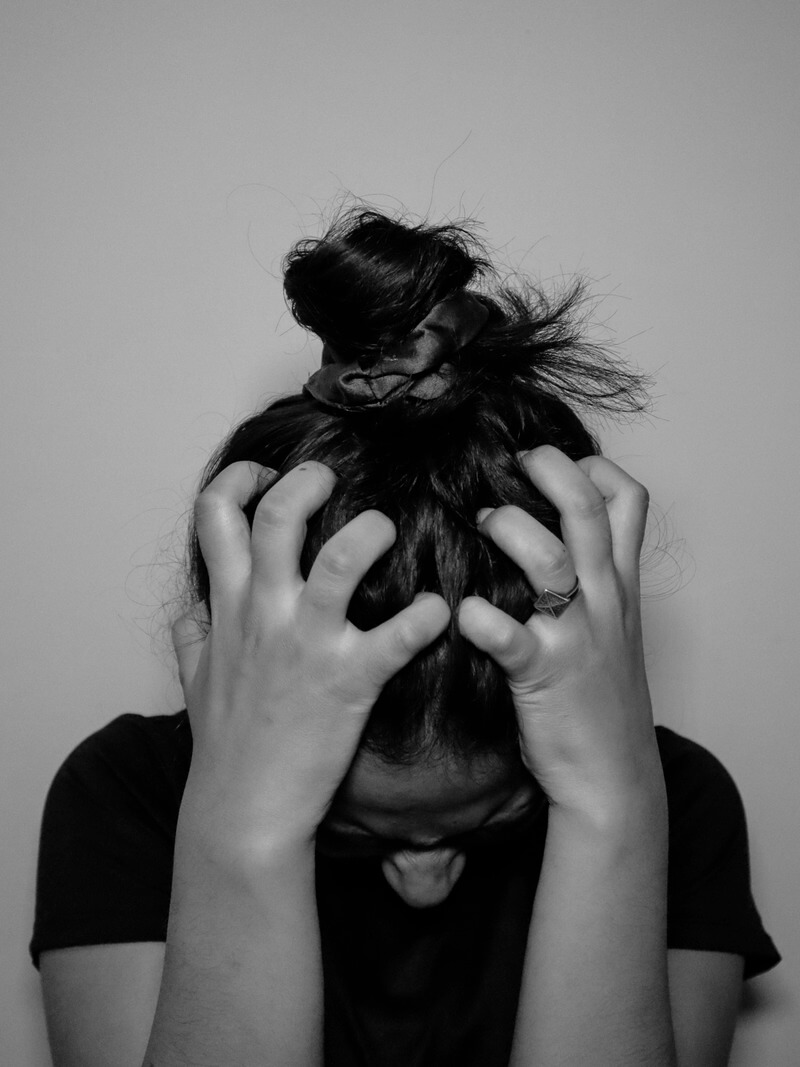What To Do if Someone is Having a Mental Breakdown
If someone you know is experiencing a mental breakdown, it’s crucial to approach the situation with empathy and urgency. Firstly, prioritize safety and encourage the person to seek professional help. If there is an immediate risk of harm, don’t hesitate to contact emergency services. Be supportive, listen without judgment, and gently suggest reaching out to mental health professionals for assistance.
The Sylvia Brafman Mental Health Center is ready to provide support and guidance. If you or someone you care about needs mental health intervention, call 877-958-9212. Our team of experts is dedicated to offering compassionate medical care options to navigate mental health challenges effectively. Don’t hesitate to ask for assistance and discuss specific needs with our professionals committed to promoting optimal mental health.
Does Insurance Cover Mental Breakdown Treatments in Florida?
Yes, insurance coverage for mental breakdown treatments in Florida is available, but the extent of coverage varies based on individual insurance plans and other factors, such as the treatment provider. Many insurance providers offer mental health benefits that encompass treatment for conditions leading to a mental breakdown.
It’s essential to check your specific insurance policy, including coverage details, copayments, deductibles, and any limitations, to ensure you understand the financial aspects of seeking mental health treatment. Contacting your insurance provider can clarify the extent of coverage available for mental health services in Florida. At The Sylvia Brafman Mental Health Center, we can communicate with your insurance provider on your behalf.
What is the Admissions Process for Emotional Breakdown Treatment?
The admissions process for emotional breakdown treatment typically involves several steps to ensure you or your loved one receives appropriate care. It typically begins with an initial phone or in-person assessment to gather relevant information about mental health history and current needs.
A treatment plan is collaboratively developed following the assessment, outlining the recommended intervention strategies, clinical remedies, and psychotherapeutic methods tailored to your situation. Once the plan is agreed upon, you may proceed with the formal admissions process, which includes paperwork, financial arrangements, and scheduling details. Engaging in this process promptly allows for a smoother transition into treatment, ensuring timely and comprehensive care.
How Effective is Treatment for A Mental Breakdown?
The effectiveness of treatment for a mental breakdown varies based on individual factors, the severity of the condition, and the chosen therapeutic interventions. Timely and appropriate professional help, including therapy, medication management, and support services, can significantly improve outcomes. A comprehensive approach addressing the root causes of the breakdown, combined with ongoing support, increases the likelihood of a successful recovery.
How Much Does Treatment for A Mental Breakdown Cost in Florida?
The cost of treatment for a mental breakdown in Florida can vary widely depending on factors such as the type of treatment facility, the specific interventions required, and whether you have insurance coverage. By law, many insurance plans often cover some mental health services, but the extent of coverage can differ.
Call 877-958-9212 to obtain accurate details about your treatment needs and insurance policy, including copayments and out-of-pocket expenses. Additionally, many treatment centers offer financial assistance or sliding scale fees based on income to make mental health care more accessible. Seeking transparent information about costs and exploring available financial outlets can help you make informed decisions about mental health treatment in Florida.
How To Check My Insurance for Mental Breakdown Treatment
To check your insurance for mental breakdown treatment, call (877) 958-9212. Speak with a patient advocate at The Sylvia Brafman Mental Health Center in South Florida to inquire about mental health benefits and coverage details. Also, ask about copayments, deductibles, and other expenses. Our team is here to support you in navigating the process and understanding the available options.









